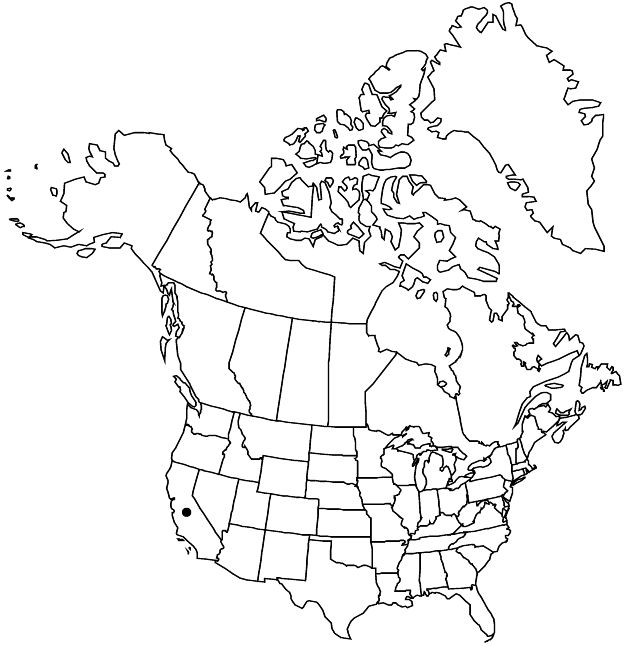Difference between revisions of "Staphylea bolanderi"
Proc. Amer. Acad. Arts 10: 69. 1874.
Common names: Sierra bladdernut
Endemic
imported>Volume Importer |
imported>Volume Importer |
||
| Line 51: | Line 51: | ||
|publication year=1874 | |publication year=1874 | ||
|special status=Endemic | |special status=Endemic | ||
| − | |source xml=https:// | + | |source xml=https://bitbucket.org/aafc-mbb/fna-data-curation/src/2e0870ddd59836b60bcf96646a41e87ea5a5943a/coarse_grained_fna_xml/V9/V9_9.xml |
|genus=Staphylea | |genus=Staphylea | ||
|species=Staphylea bolanderi | |species=Staphylea bolanderi | ||
Latest revision as of 23:00, 5 November 2020
Plants 2–6 m. Leaves: leaflet blades widely ovate to widely elliptic or ± round, (2–)2.5–8(–15) cm, margins crenulate-serrulate, apex short-acuminate to apiculate, glabrous. Flowers cylindro-campanulate; sepals white, 5–7(–9) mm; petals narrowly oblong or oblanceolate, 7–8(–12) mm, apex not recurved; filaments exserted, 9–10(–15) mm, longer than petals, glabrous; pistils glabrous, styles equal to or surpassing stamens. Capsules ellipsoid, (2.5–)3.5–4(–5.5) cm.
Phenology: Flowering Mar–May.
Habitat: Chaparral, foothill woodlands, yellow pine forests, slopes, canyon sides
Elevation: (200–)300–1400 m
Discussion
Staphylea bolanderi occurs in the foothills and at the lower elevations of the Cascades and Klamath ranges, the Sierra Nevada, and the Tehachapi Mountains.
Selected References
None.
Lower Taxa
None.
